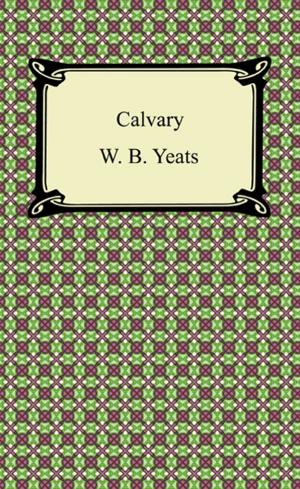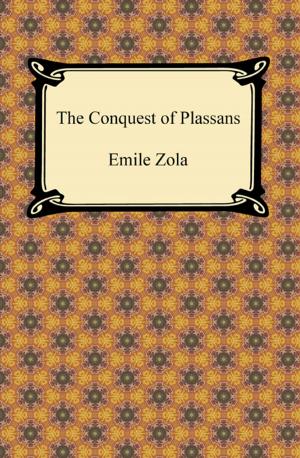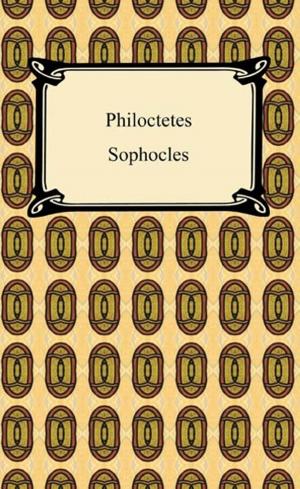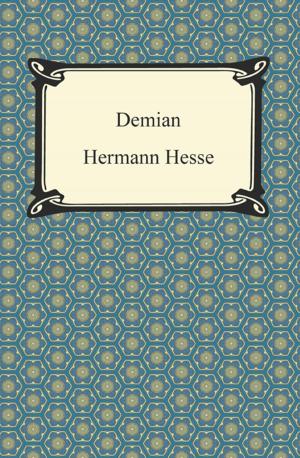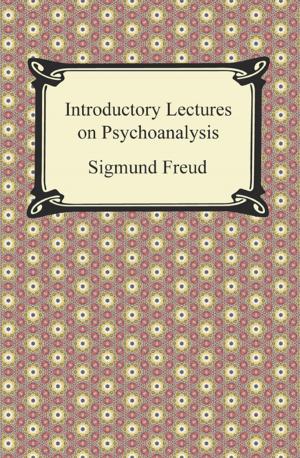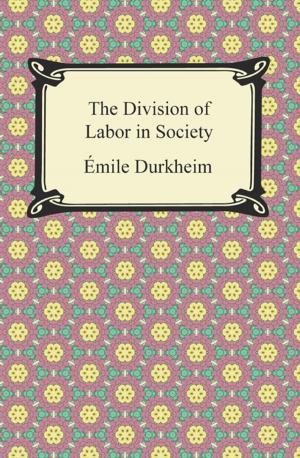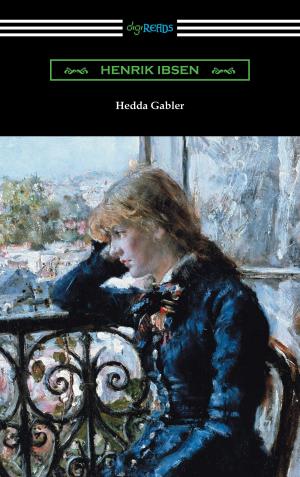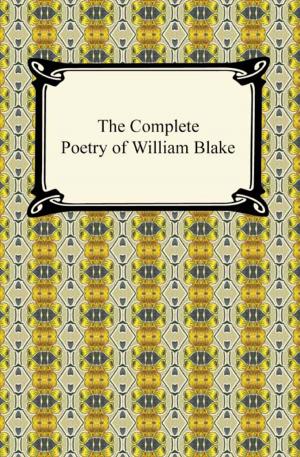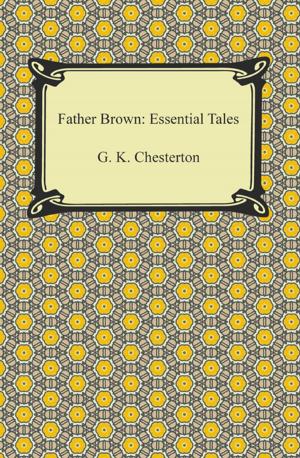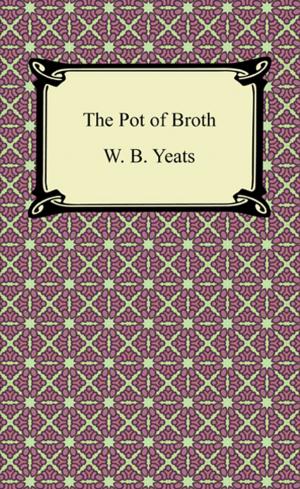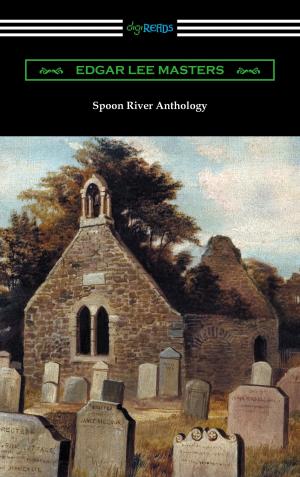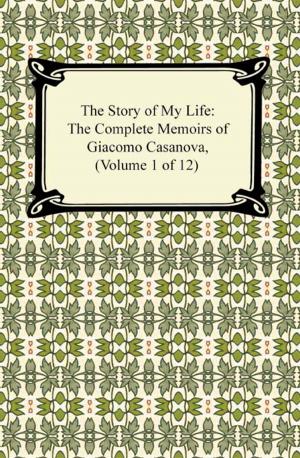| Author: | Karl Mortensen | ISBN: | 9781420943764 |
| Publisher: | Neeland Media LLC | Publication: | December 15, 2009 |
| Imprint: | Digireads.com Publishing | Language: | English |
| Author: | Karl Mortensen |
| ISBN: | 9781420943764 |
| Publisher: | Neeland Media LLC |
| Publication: | December 15, 2009 |
| Imprint: | Digireads.com Publishing |
| Language: | English |
This text is considered the ultimate guide to understanding the major deities, characters, themes, rituals and beliefs of Norse mythology. It examines the folklore of Norway, Sweden, Denmark, Greenland, Iceland and other parts of Scandinavia, from prehistoric tales to contemporary beliefs and practices. The work was originally written in Danish, and has been a staple in high schools and universities in Scandinavian countries since its publication in 1898. It contains four sections: the first describes the pagan origins of Scandinavia and various deities; the second begins to explore lower mythology and the myths of the gods; the third focuses on religion; and the fourth section contains "The Hero Sagas," "The Volsungs," "The Helgi Sagas," "Volund the Smith," "The Hjathningar" and finally, "Beowulf." This book is the perfect supplementary text to any study of Norse Mythology, particularly the Elder Eddas, which can often be confusing.
This text is considered the ultimate guide to understanding the major deities, characters, themes, rituals and beliefs of Norse mythology. It examines the folklore of Norway, Sweden, Denmark, Greenland, Iceland and other parts of Scandinavia, from prehistoric tales to contemporary beliefs and practices. The work was originally written in Danish, and has been a staple in high schools and universities in Scandinavian countries since its publication in 1898. It contains four sections: the first describes the pagan origins of Scandinavia and various deities; the second begins to explore lower mythology and the myths of the gods; the third focuses on religion; and the fourth section contains "The Hero Sagas," "The Volsungs," "The Helgi Sagas," "Volund the Smith," "The Hjathningar" and finally, "Beowulf." This book is the perfect supplementary text to any study of Norse Mythology, particularly the Elder Eddas, which can often be confusing.

